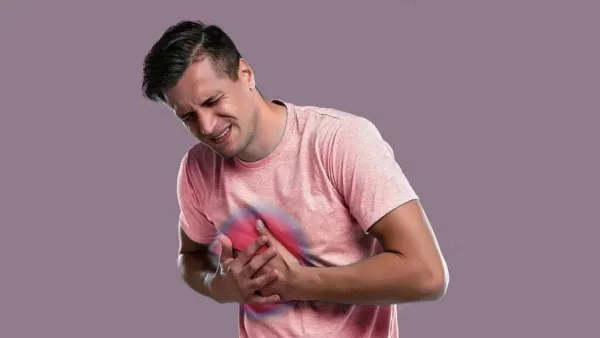Today, popular actor Ashish Warang died of cardiac arrest at the age of 55. A few months ago, actress Shefali Jariwala collapsed and died from sudden cardiac arrest at 42. Similarly, 46-year-old Kannada superstar Puneeth Rajkumar lost his life while working out at the gym.
These incidents have left fans and medical experts equally shocked and raised a pressing question: Why do even fit, active people suffer sudden heart failure, and how can we detect the early symptoms?
Is there any early sign of Cardiac Arrest?
Early signs of cardiac arrest can be mild or completely absent. Many people experience no warnings before it happens. A cardiac arrest leads to a sudden collapse, loss of pulse, and no breathing.
However, some people may notice symptoms beforehand, such as dizziness, lightheadedness, chest pain, shortness of breath, sweating, or nausea.
An NHLBI report states that most people who suffer a cardiac arrest have one or more symptoms within an hour before the event. In some cases, symptoms appear weeks earlier. Still, many individuals experience no signs at all.
Cardiac arrest may show the following warning signs, but not in all cases:
- Shortness of breath (more common in women)
- Extreme tiredness (unusual fatigue)
- Back pain
- Flu-like symptoms
- Belly pain, nausea, or vomiting
- Chest pain, mainly angina (more common in men)
- Repeated dizziness or fainting, especially during intense exercise, while sitting, or lying down
- Heart palpitations, such as a racing, fluttering, or skipping heartbeat
What contributes to leading cardiac arrest?
Beyond acute triggers, many underlying risk factors can lurk unnoticed. Many expert reports suggest that modern lifestyles are catching up even with the young and active. A sedentary job or a diet full of processed foods can quietly build up heart disease under even an athletic exterior.
Too much sitting, fast food and refined carbs raise obesity, diabetes, cholesterol and blood pressure, all silent contributors to heart disease. Smoking, Alcohol, Drugs, Metabolic Problems, Stress, Sleep Deprivation, Family History and many more factors contribute to cardiac arrest.
